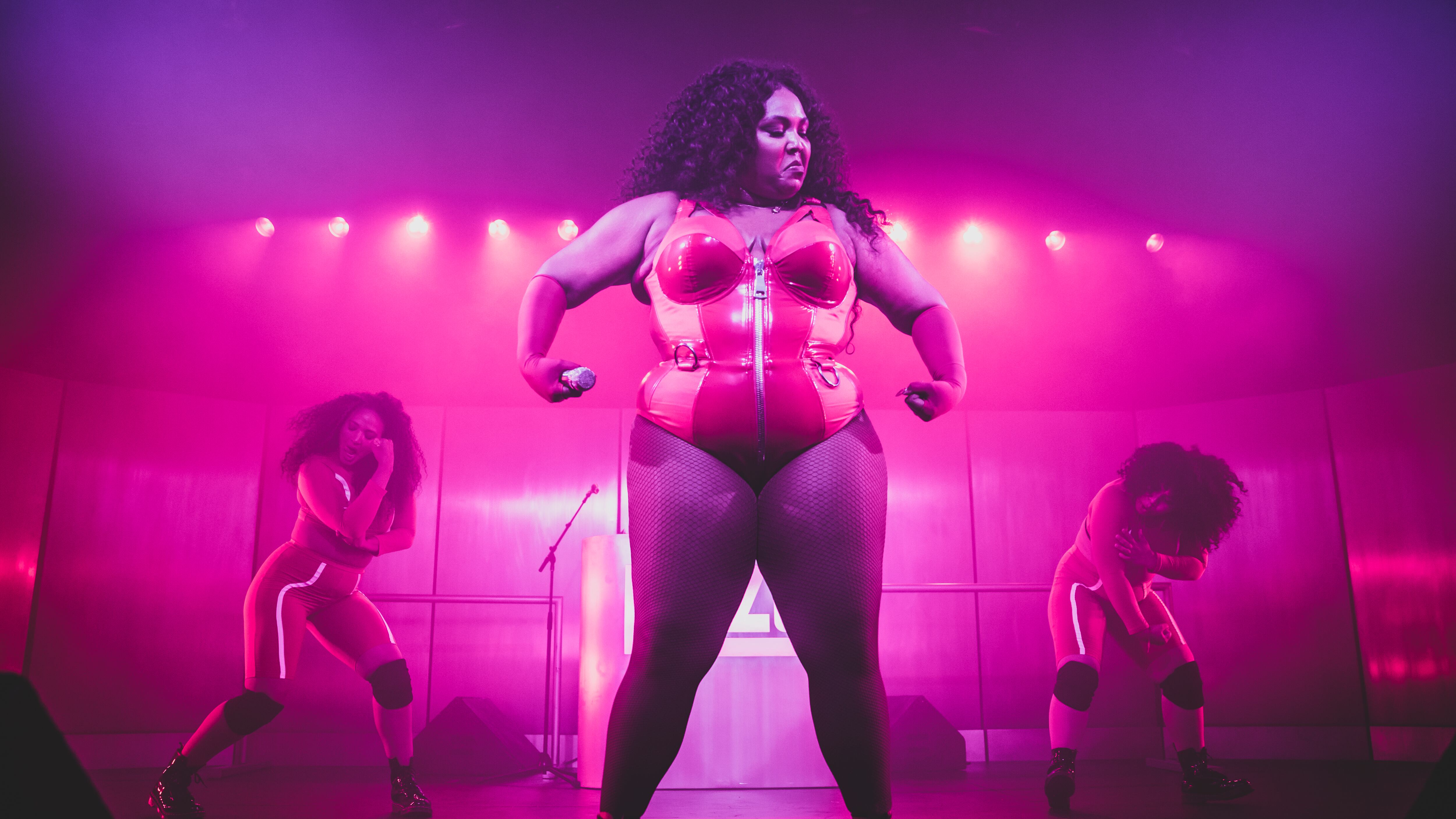This week, WW reported that an indoor, 3,000-capacity music venue may come to Portland’s Central Eastside.
City documents show two of the people involved in discussions of the proposal are top executives of Live Nation, the Beverly Hills-based events promoter whose name chills most local music venues and industry players.
Neither of those Live Nation representatives responded to WW’s requests for comment. Nor did the company’s media relations department, despite multiple inquiries.
The plans for the Central Eastside development are still in their infancy; the city had each of its involved bureaus offer feedback to the developers and architects earlier this week about which rules the facility would need to meet. The property on the northwest corner of Southeast Water Avenue and Main Street is owned by Prosper Portland, the city’s economic development agency. (The land was recently home to a BIPOC village for unhoused Portlanders. Those residents were shuffled across the city last year.)
Beam Development, which has long been slated to develop three blocks of Prosper-owned land on the Eastside, is listed on those documents as the likely developer. Hacker Architects submitted the plans.
Live Nation has eyed Portland as the site of a venue for years, so mention of the company’s name on new development documents doesn’t come as a complete surprise. The company proposed a venue inside Lloyd Center Mall in 2017, and then pitched a development at Zidell Yards along the South Waterfront in 2019. Both projects fell through.
But just because it’s not a surprise doesn’t mean it won’t sting. The mention of Live Nation raises hairs on the necks of local music industry players and venue operators. Few are willing to speak on the record—but behind closed doors, they’re talking of little else.
Live Nation dominates the national market for tour contracts with major artists, which means in cities where it operates a venue, its artists play there. That weakens the pool of artists other venues in town can attract. Live Nation has the deep pockets to far outbid independent venues, giving the company the ability to snag coveted artists.
Meara McLaughlin, executive director of Music Portland, a nonprofit advocacy group for Portland’s music industry, says Live Nation has been called a “predator” in other music markets.
“If they already have someone booked in their venue and Madonna wanted to include Portland on her tour, my understanding is that they will often preclude Madonna from coming to Portland if she can’t be in their space,” McLaughlin explains. “That’s monopolistic. They’re not [giving] their bounty to us. They may be looking to extract the value that our community has created. That’s not acceptable.”
She says the news that Live Nation could be coming to town spurred lively talk among music industry players across town.
“We’re eager, and the venue community are eager, to work with them creatively and build something that can sustain both,” McLaughlin says. “But if there’s any indication that that’s not the case, it is a problem.”
Live Nation has been an albatross to local music scenes in several major cities. Last month, The Washington Post reported that a number of subsidiaries that Live Nation partly owns received millions of dollars worth of COVID relief dollars for independent venues. (Live Nation defended those venues, saying they were well within their legal rights to access relief dollars, and reiterated that it doesn’t own a majority share of any of the businesses.) A class action lawsuit earlier this year alleged the company and its Ticketmaster sector violated anti-trust laws, and various lawmakers have urged the feds to investigate the company.
Beam Development, the likely developer, could not immediately respond to WW’s inquiries.
The new music venue would dwarf several of the best-known stages in town, including the Roseland Theater, Revolution Hall, and Mississippi Studios. The owners of those theaters didn’t respond to requests for comment either.
McLaughlin says those in the music industry see the potential development as a “wait-and-see game” and that conversations over the past three days have been constant: “If it’s going to curtail or in any monopolistic way preclude successful operation of our independent venues, then it’s not a win for the city.”

